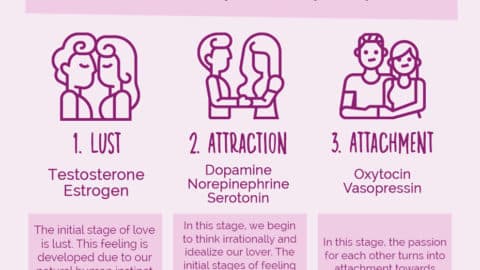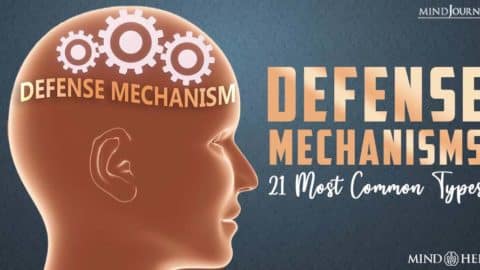In a groundbreaking fusion of art, technology, and history, an artificial intelligence (AI) recreation of the iconic painter Vincent Van Gogh has begun to confront profound topics, including suicide, as it engages with visitors at a prominent Paris museum.
This innovative approach to art and AI is sparking both intrigue and debate within the artistic and technological communities.
The AI-generated Van Gogh, designed to replicate the artist’s appearance and persona, was brought to life through a collaboration between a team of AI developers, historians, and the museum itself. Its purpose is to provide museumgoers with a unique and immersive experience, offering insights into Van Gogh’s life, art, and inner struggles.
As visitors enter the Van Gogh exhibit, they are met with a lifelike projection of the artist himself. Through a series of pre-programmed responses and conversations powered by advanced natural language processing, AI Van Gogh engages in meaningful dialogues with patrons. This interaction takes visitors on a journey through the artist’s life, revealing his thoughts, emotions, and struggles.
One of the most remarkable aspects of this AI endeavor is its willingness to address challenging and often taboo subjects, such as mental health and suicide. Van Gogh’s well-documented battles with mental illness and his ultimate suicide are discussed openly, shedding light on the human side of the legendary artist.
The introduction of AI Van Gogh has raised ethical questions about the boundaries of technology and art. Critics argue that using AI to delve into such sensitive topics may trivialize the real struggles faced by individuals dealing with mental health issues. However, proponents argue that it offers a unique opportunity to foster empathy and understanding.
Visitors who have engaged with AI Van Gogh describe the experience as both enlightening and thought-provoking. It offers a rare glimpse into the mind of a brilliant yet tormented artist, challenging preconceived notions and stereotypes.
This initiative marks a broader trend of AI integration into art and culture. Museums and institutions worldwide are exploring the possibilities of using AI to enhance visitor experiences, offer new perspectives on historical figures, and breathe life into art.
AI-Generated Vincent Van Gogh – Art Meets Technology
Dr. Marie Leclerc, an art historian and curator at the museum, shared her insights on the project. “AI Van Gogh represents an exciting fusion of art and technology. It allows us to bridge the gap between the past and the present, offering a fresh perspective on the life and work of this celebrated artist.”
The public reaction to AI Van Gogh has been mixed. Some visitors appreciate the innovative approach to storytelling and the opportunity to engage with history in a new way. Others express reservations about the potential for AI to oversimplify complex issues.
The project has succeeded in igniting discussions about the ethical and artistic implications of AI in cultural settings. It serves as a catalyst for broader conversations about the role of technology in preserving and interpreting art and history.
As technology continues to advance, the possibilities for AI in art and culture are limitless. From recreating historical figures to reimagining lost artworks, AI has the potential to reshape the way we interact with our cultural heritage.
The emergence of AI Van Gogh at a renowned Paris museum marks a significant step in the intersection of art and technology. It challenges visitors to confront uncomfortable truths about a revered artist’s life while offering a fresh perspective on his work.
As this innovative approach sparks conversations and debates, it paves the way for further exploration of the boundless potential of AI in shaping the future of art and culture.





